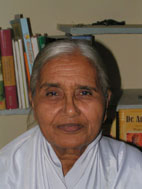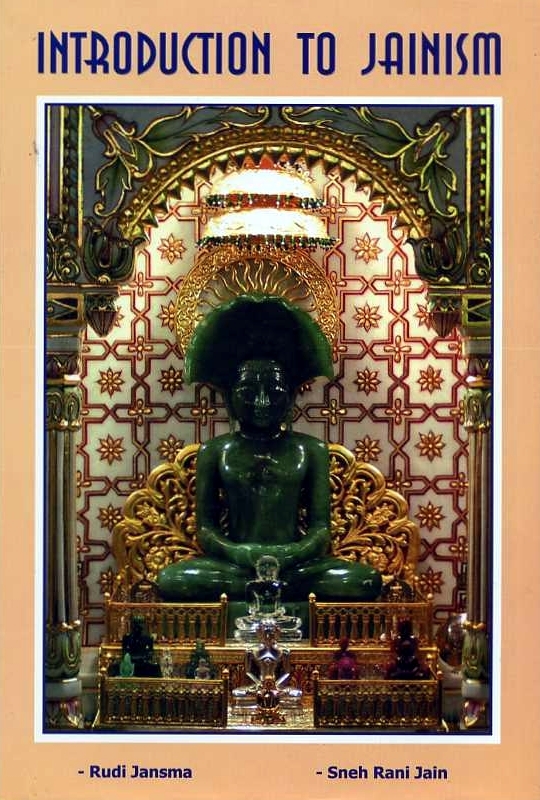Dr. Rudi Jansma is an eminent scholar. His study of Jainism is both extensive and deep. Indeed he has been devoted to this subject for almost two decades. His understanding of this religion found expression in his book Jainisme - Een introductie in the Dutch language. In fact this was the first book ever written or published on Jainism in The Netherlands. He has revised and enlarged the original book and translated it into English.
The book is comprehensive and deals with various aspects of Jainism. After an introductory chapter on "Who are the Jains?" he has a chapter on Jain history from the Jains' own point of view. He has also devoted a chapter to "Ahimsa" or nonviolence or non-killing on the passive side, and reverence for life on the positive one. Ahimsa is the heart of Jainism. This concept is applicable to humans as well as all other sentient beings including plant life and the earth. It is to the credit of Jainism that the preservation of all life forms has been dealt with in such minute detail. He has quoted from Acaranga, the first canon of Jains, comparing a man to a plant. According to this canon, which was composed about 2550 years ago, a plant, like a man, also has consciousness and perception. This is remarkable, as science established this fact hardly a hundred years ago. Indeed this canon contains the first formal and detailed proclamation on the environment, which is beyond comparison. The other feature of Ahimsa highlighted by him is the practical, active compassion inherent in the fundamental philosophy and ethical practice of Jainism. He also makes a reference to Gandhi as a modem apostle of Ahimsa.
He deals with the delicacies of the Jain doctrine of Karma in chapter four. According to him there is no approach in the world of philosophy that can be compared with the scientific and systematic analysis of Karma in Jainism. He also says that the theory of Karma in Jainism is not tantamount to fatalism. In fact it is a simple theory of sowing and reaping.
Dr. Rudi Jansma is a formal scholar of ecology. His other book. Global Philosophical and Ecological Concepts, is a magnum opus on ecology and evolution. It is in print. His extensive knowledge of this subject is reflected in his chapter on "Millennia before Darwins". In this he states that Jainism has indeed the ingredients for a doctrine of evolution that is more profound than the theory of evolution propounded by Darwin.
In his chapter on "Cosmos" he explains that ecology from a Jain perspective encompasses not only the visible world of living beings, but also large categories of invisible forces and intelligences which play an active role in the overall ecology. He has also devoted a chapter to the fourteen-rung ladder of spiritual evolution or liberation.
In chapter eight, "Seeing a holy life in practice," the author gives his personal account of his travels to Jain religious sites, and his stay amongst the Jain monks in Central and South India. He was greatly impressed by their commitment and purity of life.
Dr. S. Rani Jain, an erudite scholar and practitioner of Jainism, has written two chapters of this book. One is on "Yoga and meditation." This chapter gives the theory as well as her personal practice of yoga and meditation. Her chapter on "Art and archeology" gives information about her views on the Indus Valley civilization; she uses the expression "Indus civilization" because the culture was indeed extant in the South of India as well as other parts of the country. She also claims that she can decipher the script of this civilization within the framework of Jainism.
Prakrit Bharati Academy is indebted to both Dr. Rudi Jansma and Dr. Sneh Rani Jain for this excellent exposition of Jainism, particularly for the western audience.
D.R. Mehta Founder and Chief Patron
Prakrit Bharti Academy, Jaipur
 Dr. Sneh Rani Jain
Dr. Sneh Rani Jain
 Publisher:
Publisher: